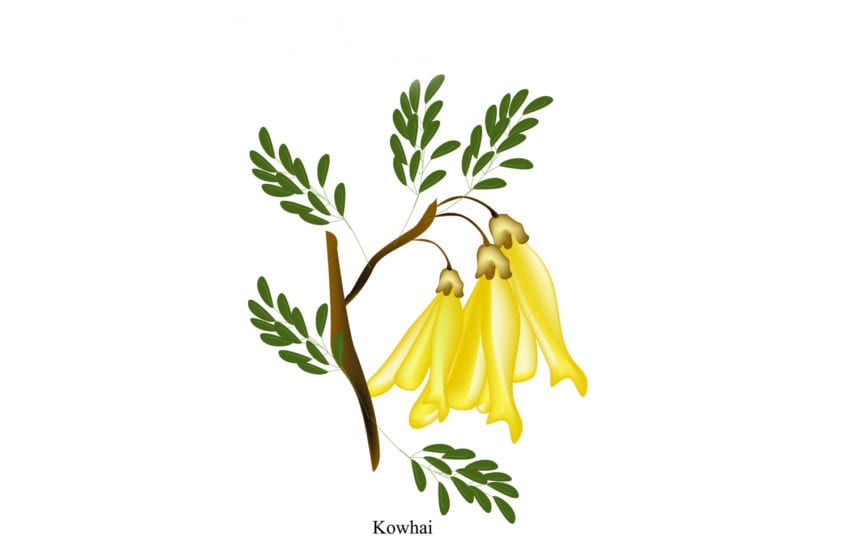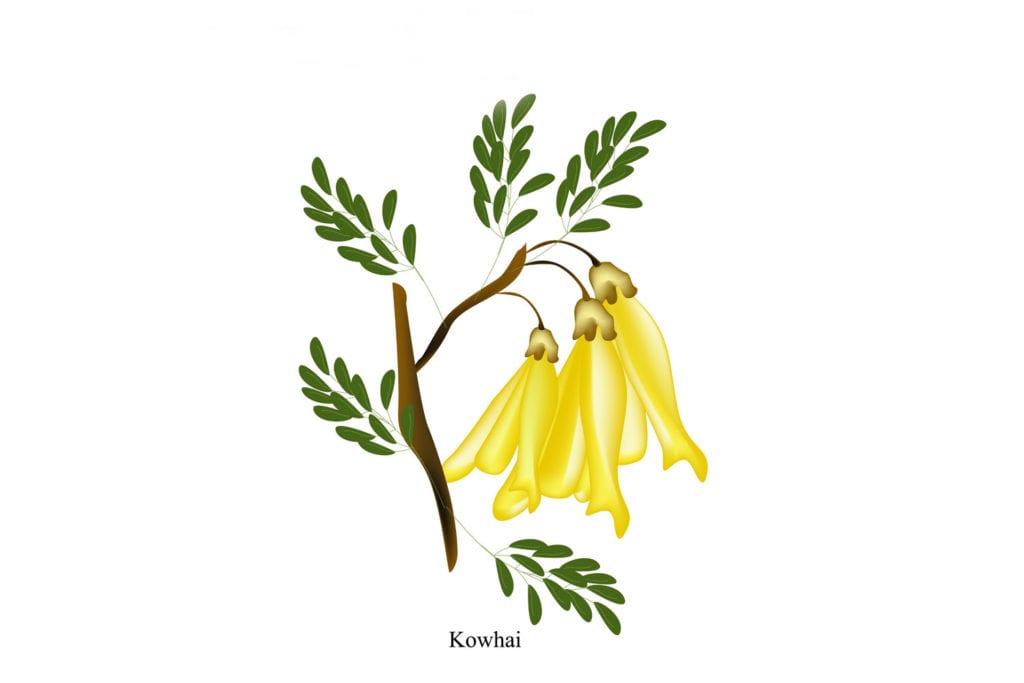Stop-Smoking Chemicals in NZ Plants
- Featured News This Week
- April 9, 2021
- 0
- 4
- 3 minutes read


A recent study in Addiction shows that a chemical found in many New Zealand plants, including the kowhai, is just as effective as varenicline in helping people quit smoking.
The chemical is called cytisine and has been used in some Central and Eastern European countries for decades to help with smoking cessation. It is relatively unknown elsewhere. Not only is the chemical cheaper than other smoking cessation medications, but it also has very few known side effects.
“This is a quitting tool that comes from a plant instead of a lab,” University of Auckland Researcher Associate Professor Natalie Walker said.
“Identifying the potential of the cytisine component of the kowhai is part of the revitalization of matauranga Maori [Maori knowledge].”
This is a quitting tool that comes from a plant instead of a lab.
The study was done in collaboration with Brunel University London and Lakes District Health Board. It involved hundreds of Maori participants from across the Bay of Plenty, many of them women.
Participants were an average age of 43 and had been smoking for around 25 years. Twelve percent of those who took cytisine pills still were not smoking after six months while 8 percent of those who took varenicline were not smoking after six months.
Those taking cytisine experienced fewer side effects such as nausea, headaches and difficulty sleeping. “Varenicline is New Zealand’s best smoking cessation medication available but also expensive for the government,” Walker said. “Cytisine is cheap, it works and it suits Maori and their whanau.”
In earlier research, scientists showed that cytisine was more effective than nicotine-replacement therapy, such as nicotine patches, gum or lozenges.
